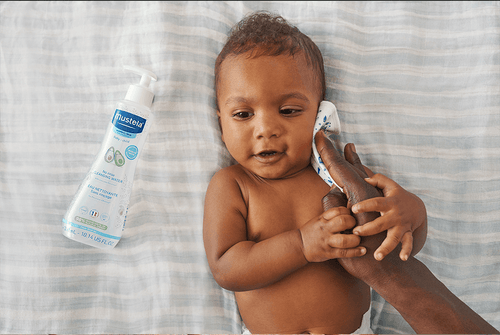Meet the Mustela Mom Community
Join the Mustela Mom community and get tips, advice, and support from other moms.

#Maternity
Holiday Travel with Kids: Tips to Ease the Mental Load
Discover practical tips for traveling with your family during the holidays and lightening your mental load, no m...

#Maternity
5 Keys to Celebrate New Year's Eve with Your Baby (Minus the Mental Load)
The New Year often conjures up a familiar picture: lively countdowns, glittery outfits, champagne toasts, and am...

#Maternity
Holidays with a Baby: What You Can Truly Let Go (and What Really Matters)
Christmas with a baby (or young kids) can often mean joyful chaos — sleepless nights, endless to-do lists, and a...

#Maternity
10 Gift Ideas for Parents (That Are Actually Useful)
Becoming a parent is one of life’s biggest adventures. The days are full, the nights often too short, and the em...
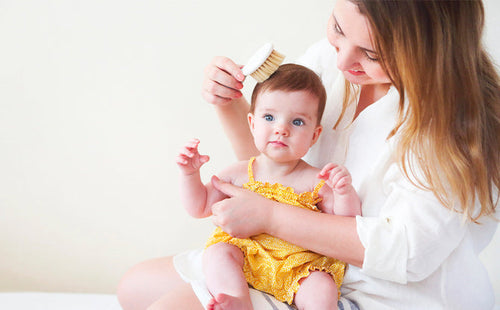
#Baby & Child Skin
12 Best Baby Hair Products For All Hair Types
Whether it’s a thick mop of curls or it’s just barely there, you want to keep your baby’s hair healthy, clean, a...
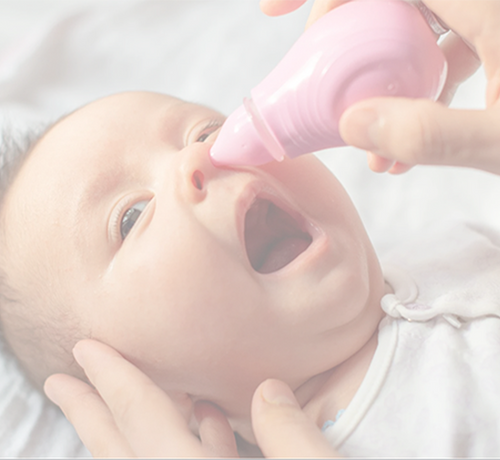
#Baby & Child Skin
What's The Best Sleep Position For A Baby With A Stuffy Nose?
When your little one’s congested, you want to make them feel better right away. To help them feel more comfortab...
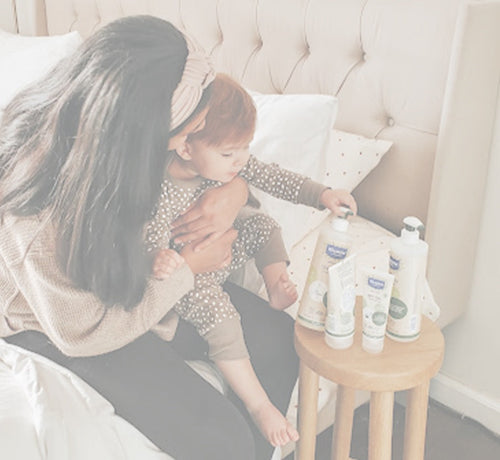
#B Corp
The Best Sustainable Baby Products For Your Little One In 2025
You want the best for your baby. And you want the best for the earth. The good news is it’s possible to care for...
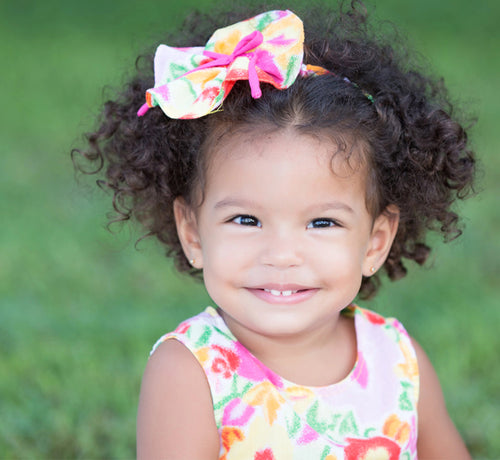
#Baby & Child Skin
9 Best Hair Products For Curly Baby Hair
If your baby has swirls, curls, or whorls, their hair is a little bit trickier to take care of: For curly haired...
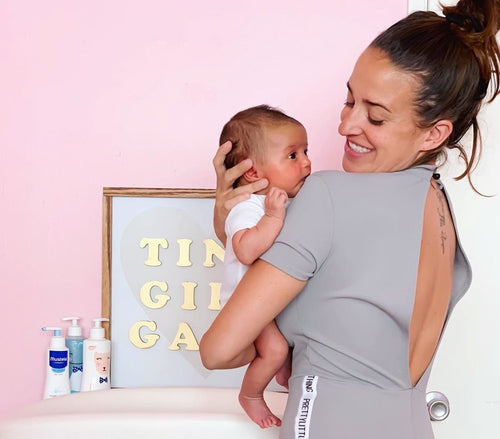
#Baby Development
How To Care For Your Baby: A Month-By-Month Guide
Seems like just yesterday you found out you were pregnant, and now here you are holding your little bundle of jo...

#Maternity
Pregnancy By Month: What To Expect During Your Pregnancy
Embarking on the journey of pregnancy is both exhilarating and transformative. As you navigate through this incr...
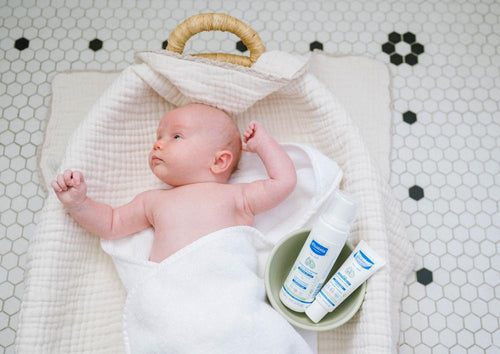
#Baby & Child Skin
What Is Cradle Cap And How Long Does It Last?
If you notice flaky, oily patches of skin on your baby’s scalp, it’s likely cradle cap. This common skin conditi...
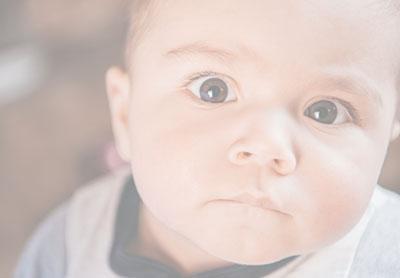
#A Parents Guide
Will My Baby’s Eczema Improve? | A Guide For Parents
Does baby eczema go away? This comprehensive guide will help you answer that question.
You’ll also find plenty o...

#Baby Development
3-Month Sleep Regression: What It Is And How To Deal With It
If your baby resists falling asleep at night, wakes up more than usual once they do, and has a hard time napping...
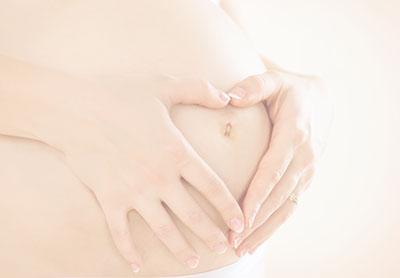
#Maternity
The 13 Best Ways To Tighten Loose Skin After Pregnancy
So you just had your baby and you’re anxious to get your pre-pregnancy body back. But when you look in the mirro...
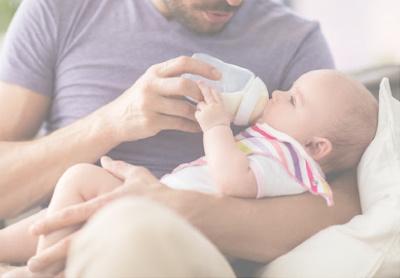
#Baby & Child Skin
12 Expert Baby Feeding Tips For A Healthy, Happy Newborn
In the middle of juggling diapers, onesies, and nap schedules, one of your biggest concerns when you have a new ...
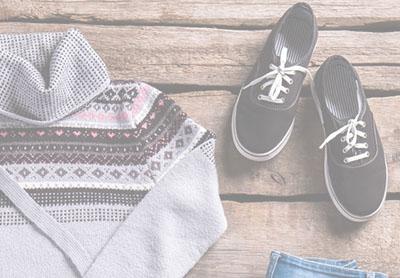
#Maternity
6 Tips For Finding The Best Maternity Clothes
When you’re pregnant, putting together an outfit everyday can be a real challenge. Because your body is constant...

